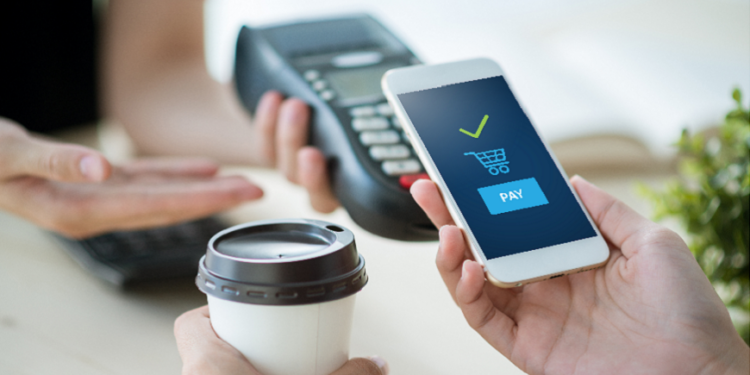With the recent growth in online payments, the demand for payment gateway among the businesses has also increased manifolds. Payment gateways are services processing your business card and online transactions. In this digital world, they are considered an asset to your business ensuring safe and smooth online transactions.
What is a Payment Gateway?
In simple terms, an online payment gateway has defined a network allowing online customers to transfer funds to merchants. Payment gateways are quite similar to the point-of-sale terminals used by traditional brick and mortar stores. While using a payment gateway, customers and businesses have to work together to make a transaction. Once the customers have placed an order, the payment gateway verifies the customer’s card details and verifies whether it has enough funds in their account to pay you.
What are the Benefits of a Payment Gateway for Your Business?
Convenience
When integrating with a global payment gateway, customers can easily make purchases at any time, at an online store as the whole process is automated.
Quick payments
Being a business owner, you need to manage the available funds. Instead of having the inconvenience of agreeing to pay on a certain day and then forgetting to do so, many customers opt for paying instantly and getting it done. Payment gateways let you do that.
Enhanced security
Customers’ main concern while doing online payments is security. But with the help of payment gateways, the risk of credit card fraud reduces greatly.
How Does a Payment Gateway Works?
Merchant Account
A merchant account is a separate bank account used by businesses for their receivables. While doing a transaction, your customer’s payment is initially transferred to your merchant account, where it remains till they move it to your business’ regular bank account.
Payment Processor
When a business charges a customer for a purchase, a payment processor is a service authorizing the customer’s card details to make sure that they have enough funds in their account to pay.
The steps mentioned below explain how online payments work with a payment gateway:
- Step 1: While accepting online payments, begin by creating your website and connecting it to a payment gateway.
- Step 2: The customer makes a purchase from your website by tapping on the payment link and entering their credit card or debit card details.
- Step 3: The order and card details are shared with the payment gateway. The card information is safely transmitted to the payment gateway so that only your customer and their bank can access the information available on the card.
- Step 4: Once the payment gateway verifies your customer’s card details, they will check if they have sufficient funds to make the payment.
- Step 5: The payment gateway then takes over and sends a request to the customer’s issuing bank to start the transaction.
- Step 6: The status of the transaction will then be shared as a notification to the merchant.
How to Integrate a Payment Gateway with Your Business?
The first category of integration will direct your customer away from your business’ website to pay. After your customer clicks on the payment link, they will be diverted to your payment processor’s page where they are supposed to mention their card details and make the payment.
With the next category, the online customer will stay within your website throughout the entire payment process and the payment itself is handled by a payment gateway prividers. On entering the details within your business’s site, the information is sent to the payment gateway’s URL, where the actual transaction happens.
The next type of payment gateway uses an API (Application Programming Interface), which is quite similar to the previous one. In this, the customers mention their card details directly into the business’s online payment page, but where the payment is processed using an API. These payment gateways can be tailored as per the business’ needs.
Overall, payment gateways ease the online payment process for your business and help businesses in receiving payments fast.









